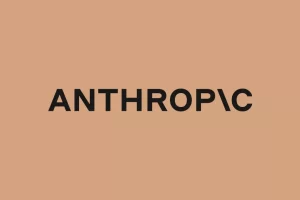Artificial Intelligence Generated Content (AIGC) refers to content that is created or generated using artificial intelligence technologies. It involves the use of algorithms, machine learning models, and natural language processing to produce written or multimedia content without direct human involvement.
Artificial Intelligence Generated Content (AIGC) has gained significant attention and adoption in various industries due to its potential to automate content creation processes, improve efficiency, and generate large volumes of content in a shorter time frame. Some common applications of AIGC include:
- Automated Content Generation: AIGC can be used to automatically generate articles, blog posts, product descriptions, news reports, and other forms of written content. By training AI models on large datasets, they can learn to generate coherent and contextually relevant content.
- Chatbot Responses: AIGC is often utilized in chatbot systems to provide automated responses to user queries. These chatbots can engage in conversations, answer frequently asked questions, and provide customer support, all without human intervention.
- Content Summarization: AIGC can analyze and summarize large volumes of text or audiovisual content. This can be useful for creating concise summaries of news articles, research papers, or even video content, allowing users to quickly grasp the main points.
- Personalized Content Recommendations: AIGC algorithms can analyze user preferences, behavior, and historical data to provide personalized content recommendations. This helps platforms such as streaming services, e-commerce websites, and social media platforms suggest relevant content to users.

While AIGC offers numerous benefits in terms of efficiency and scalability, it is essential to maintain a balance between automation and human involvement. Human oversight and editorial control are necessary to ensure the quality, accuracy, and ethical standards of the generated content.

















